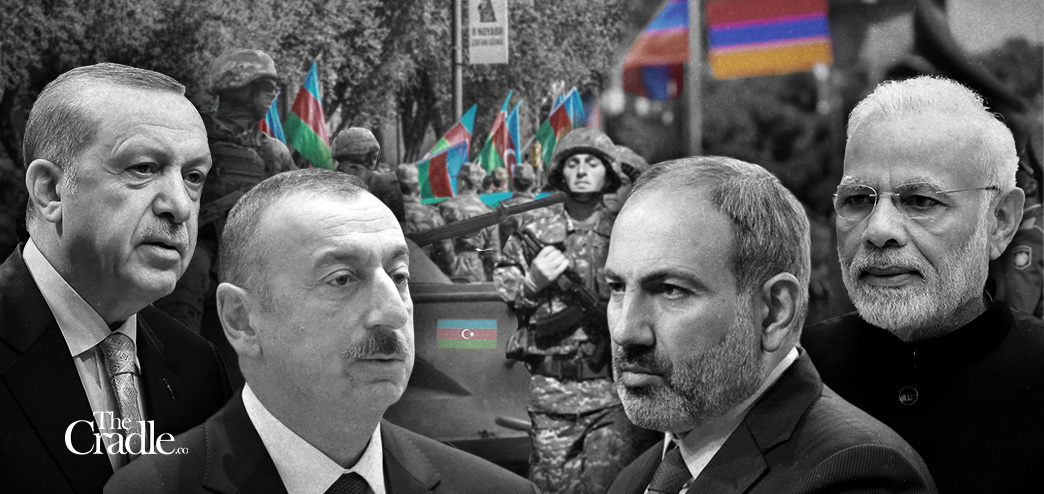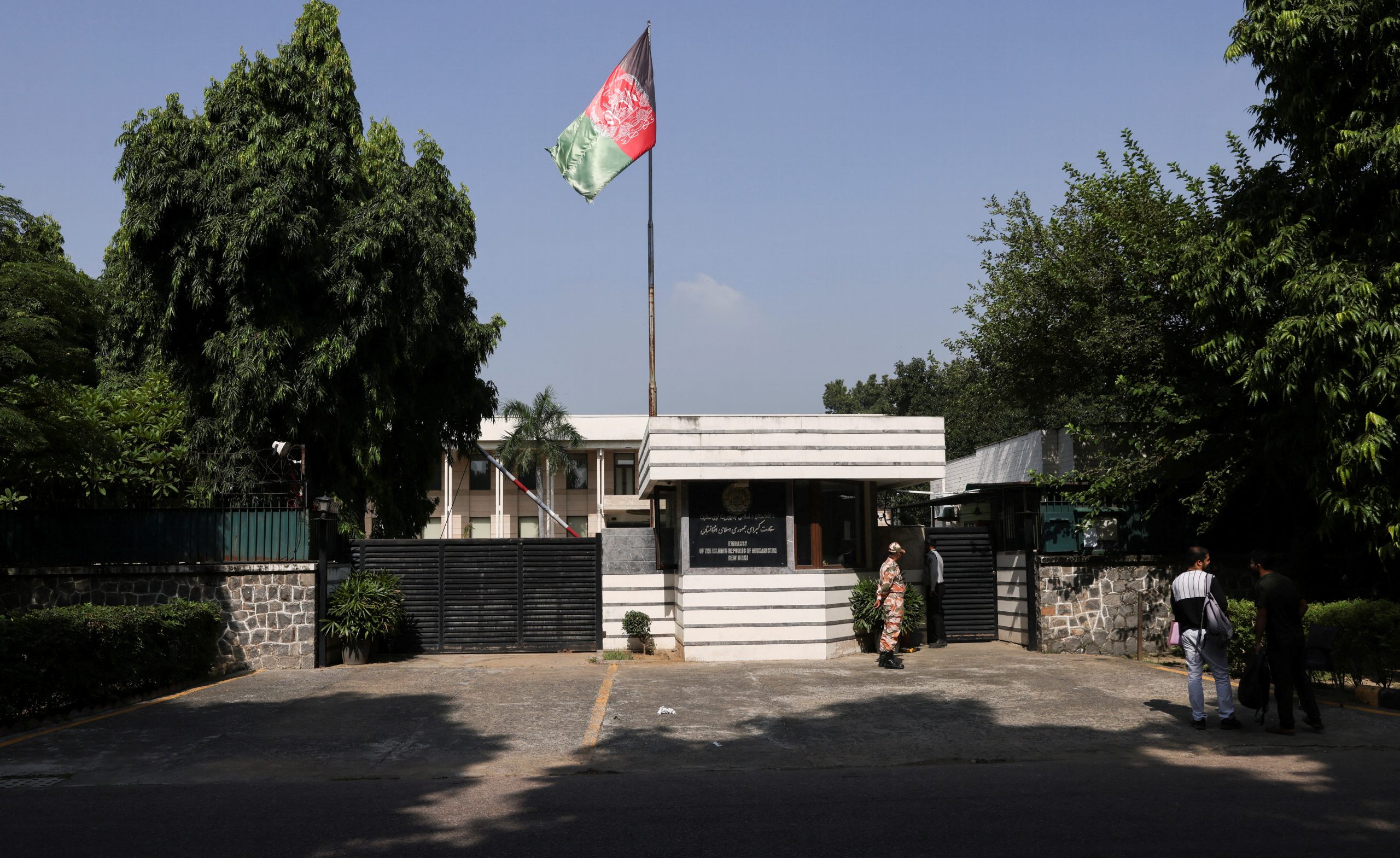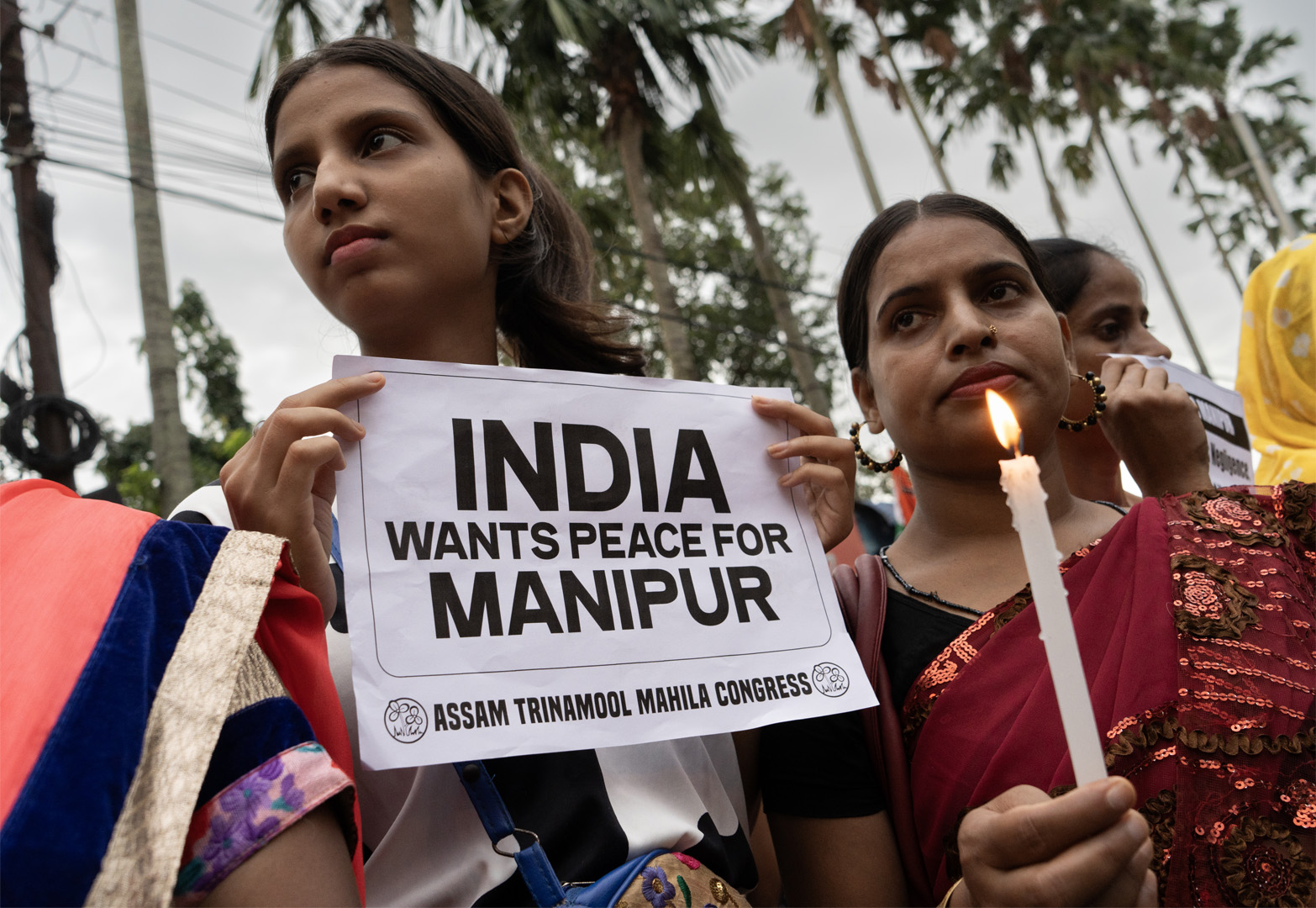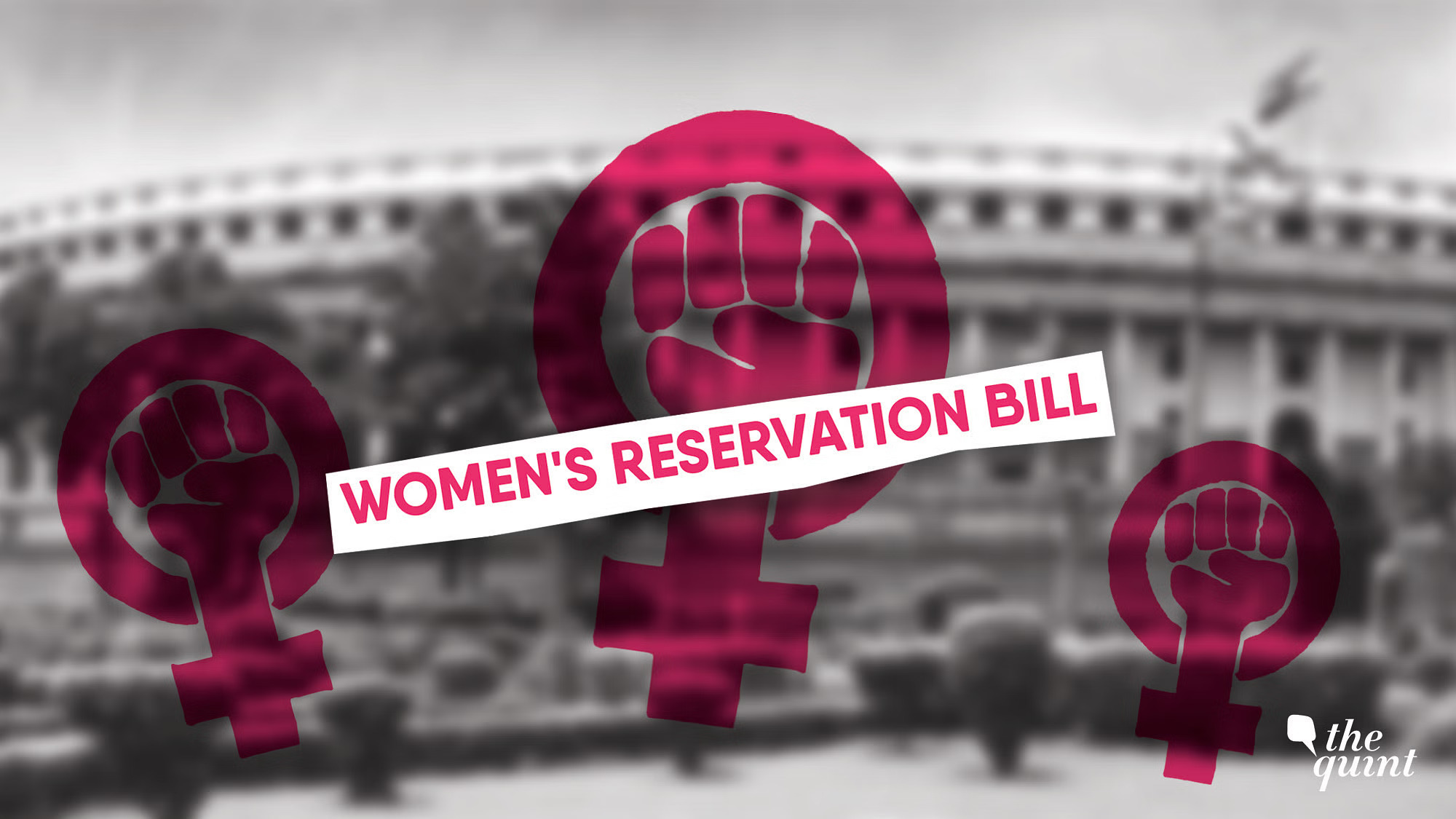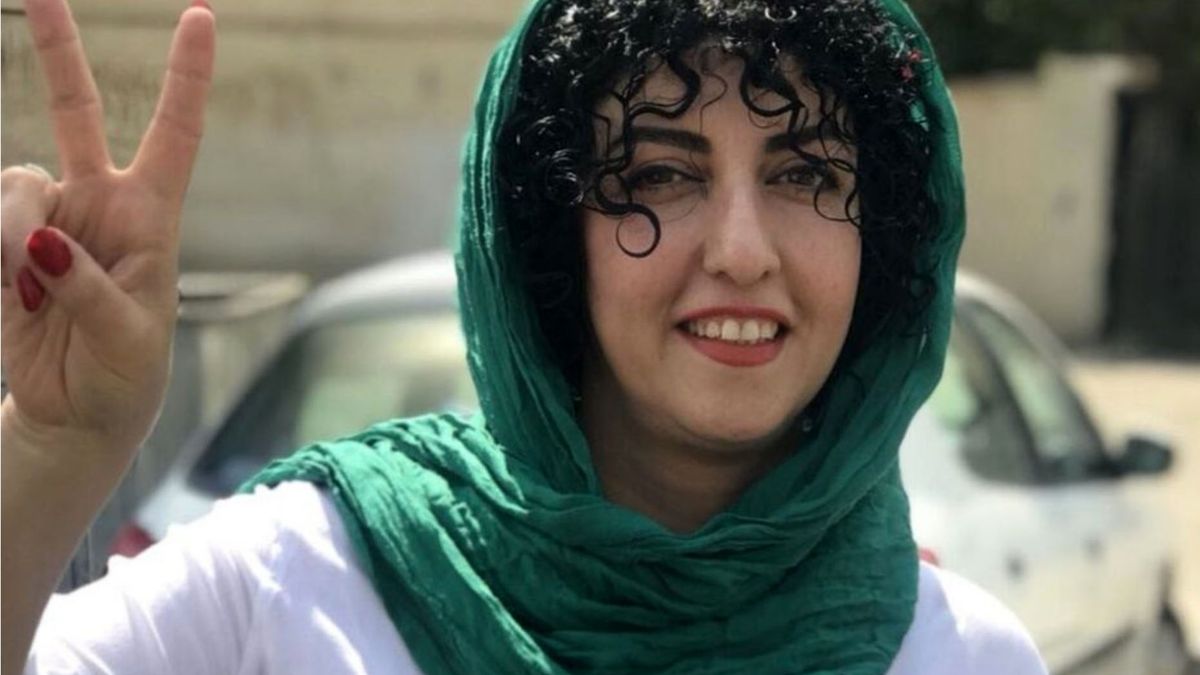Significant geopolitical changes have recently taken place in the South Caucasus, placing Armenia in a perilous situation as a result of the newly formed alliance between Azerbaijan, Turkey, and Pakistan. The stability and security of the region are seriously threatened by this nexus. India must take the initiative to enable Armenia to counteract this alliance in this situation. In addition to being strategically important, deepening ties with Armenia also supports India’s mission to advance regional peace and stability.
The Azerbaijan-Turkey-Pakistan nexus has accelerated in recent years, with the three nations collaborating in a variety of fields, such as trade, energy, and defense. Since it upsets the delicate balance of power in the South Caucasus, this alignment poses a serious threat to regional stability.
Military assistance from Turkey and Pakistan has aided Azerbaijan, especially during the Nagorno-Karabakh conflict in 2020. Pakistan showed solidarity and offered diplomatic support, and Turkey contributed military equipment, including drones and mercenaries. This military cooperation has given Azerbaijan more confidence and sparked worries about potential future escalation.
With initiatives like the Trans-Anatolian Pipeline (TANAP) and the Southern Gas Corridor (SGC) linking Azerbaijan’s Caspian Sea gas reserves to European markets via Turkey, the nexus also includes energy interests. Pakistan has also shown interest in working with Azerbaijan on energy issues. These initiatives strengthen their strategic partnership while simultaneously strengthening economic connections.
The alliance also wants to increase its sway over the Middle East and Central Asia in the larger region. This could threaten regional stability because it could encourage the exploitation of already-existing conflicts and disagreements.
Jaishankar, the minister of external affairs for India, met with his colleague in Armenia as the destiny of Armenians in Azerbaijan was approaching catastrophe. The international community has chosen to ignore an ethnic cleansing that is taking place somewhere else in favor of concentrating all its attention on Ukraine. Azerbaijan is expelling more than 120,000 ethnic Armenians from their homes in the Nagorno-Karabakh region. However, not a single major world power has intervened to stop this tragedy from getting worse.
So much for the sanctimonious preaching of the West and the menacing temerity of Russia. For all they care, the situation may be characterized as Azerbaijan having free reign to treat Armenians however it pleases.
Baku began a swift onslaught against the Nagorno-Karabakh enclave, which is home to the breakaway Republic of Artsakh, last week with the support of Turkey. It has been requested that the local government dissolve. Since the winter of last year, Azerbaijan has blockaded the Lachin corridor, which connects Armenia to the area, resulting in severe food shortages. Gas and electricity supplies that travel through the zone under Azerbaijani control have also stopped. Ethnic Armenians are being driven further away by war and deadly bomb explosions that target civilians out of fear for an upcoming violent takeover by Azerbaijan. Thousands of Armenians are relocating from the area they have called home for thousands of years.
The fight serves as a grisly lesson in the geopolitical struggle that has gripped Transcasus, leaving a trail of injustice and many casualties in its wake. India is more important than the rest of the world, which has failed Armenia.
As Azerbaijan prepares to seize full control of the mountains of Nagorno Karabakh after finally winning over the Armenians, Armenia is prepared to accept all the refugees. In fact, the issue is already settled because Azerbaijan is in a favorable geopolitical position.
Due to its geopolitical ties to Azerbaijan and Ukraine, Russia is only acting as a mediator since its peacekeeping forces have done little to halt Baku’s advances. This is true even though Russia is an ally of Armenia in the Collective Security Treaty Organization (CSTO), whose near area is also being attacked. Iran, an ally of Armenia, is also abstaining from the fight. This is due to the fact that the European Union will overlook Baku’s excesses because it sees Azerbaijan as a backup gas source now that its relationship with Russia has soured.
The problem is that Azerbaijan is only a handy indirect supply of Russian and Iranian gas because a quarter of its gas fields are held by Russia, and it lacks the resources to meet even a portion of Europe’s needs. In the meantime, the US is more focused on conquering Russia through Ukraine than on averting a tragedy in Armenia. Turkey, which provided Azerbaijan with weapons and mercenaries to fight the Armenians, is also celebrating this triumph.
President Ilham Aliyev of Azerbaijan told his troops that “major international actors do not question the fact that Azerbaijan is right.” That’s accurate. Additionally, it has given Aliyev the confidence to publicly humiliate Armenia. Nicol Pashinyan, the prime minister of Armenia, has become more outspoken over Russia’s passivity and refusal to aid Armenians despite being a CSTO supporter.
Along with thirteen other countries, the dissolution of the USSR resulted in the creation of the independent states of Armenia and Azerbaijan. Nagorno Karabakh was entirely populated by ethnic Armenians following a protracted battle that occurred during the fall of the Soviet Union, but the region is recognized by the government of Azerbaijan as belonging to that country. As violence reached its peak during the conflict, hundreds of ethnic Armenians and Azeris were slaughtered or driven from their homes.
Since then, the ceasefire has been shaky and didn’t fully collapse until 2020, when Azerbaijan started the second Karabakh war, annexing large areas of territory and closing up on the Lachin corridor that leads to the Armenian border. The Azerbaijani offensive on Armenia’s border regions, however, is exhausting the nation’s defense to the point of collapse.
As part of its ongoing centuries-old practice of nibbling away at Armenian territory, Baku not only wants to establish control over Nagorno-Karabakh but also wants to connect with the Azeri exclave of Nakhchivan by cutting through the southern part of Armenia.
Azerbaijan and its Turkish backers are spinning a nasty tale. They claim that this large-scale migration of Armenians is voluntary and that no one has asked them to leave. However, as the Azerbaijani military forces advance, they are not guaranteed either safety or protection. However, bombings and civilian deaths continue even as Armenians depart, painting a different picture. The Christian Armenians know better than to remain at their mercy after centuries of cruel persecution at the hands of Turkic Islamic troops.
Azerbaijan and its Turkish backers are spinning a nasty tale. They claim that this large-scale migration of Armenians is voluntary and that no one has asked them to leave. However, as the Azerbaijani military forces advance, they are not guaranteed either safety or protection. However, bombings and civilian deaths continue even as Armenians depart, painting a different picture. The Christian Armenians know better than to remain at their mercy after centuries of cruel persecution at the hands of Turkic Islamic troops.
The genocide committed against the Armenian people by the Ottoman Empire during World War I is well known across the world, despite Turkey’s continued denials. In the deliberate extermination of the Armenian population in eastern Anatolia, around 1.5 million people died. Armenians were forcibly Islamized, used as cannon fodder on the battlefield, or sent to death marches in the Syrian Desert as they were uprooted from their homeland to make room for an ethnonationalist Turkish state.
Since then, a century has passed, yet Turkey’s animosity toward Armenians persists. It has supported Azerbaijan’s fight since 2020, sending weapons and Syrian mercenaries to tip the balance in Baku’s favor. Pakistan joined the military operation, sending troops that were purportedly also fighting for Azerbaijan. The troika of Ankara, Baku, and Islamabad has had free reign over the South Caucasus, and the repercussions of their bloody geopolitical success will be felt for some time to come.
India has a strong desire to learn more about the South Caucasus. The International North-South Transport Corridor (INSTC), which runs through this area, is affected by the ongoing conflict. However, like the majority of world countries, it has shown little response to the abhorrent aggression by Azerbaijan. But New Delhi is aware of the threat coming from this region of the world, particularly now that Azerbaijan is supporting Pakistan’s claims to Kashmir. The three nations of Pakistan, Turkey, and Azerbaijan are misbehaving when it comes to India. The three nations conduct joint military exercises and formally support one another’s positions on Nagorno-Karabakh, Cyprus, and Kashmir.
Armenia has, however, firmly stated its support for India in the Kashmir dispute. Despite protests from Baku, India has been supplying Yerevan with weapons, including the Pinaka multi-barrel rocket launcher, which is the DRDO’s version of the American HIMARS rocket launcher. Armenia has received counter-battery Swathi radar systems from India.
India’s involvement in Transcaucasia is only going to grow over the next few years as a result of the INSTC, its expanding energy requirements, and the decline of Russia. However, the strategic foothold that India now has in the region is threatened by the trio of Azerbaijan, Turkey, and Pakistan. In order to keep the ATP nexus in check, Armenia must be publicly empowered by New Delhi, as it is both a natural ally and a strategic ally of India.
In addition to being strategically necessary, India’s proactive engagement with Armenia demonstrates its dedication to advancing peace, stability, and the rules of international law in the South Caucasus. India can significantly contribute to maintaining regional peace, balancing the Azerbaijan-Turkey-Pakistan nexus, and defending its own strategic interests by strengthening Armenia. This strategy supports India’s goals of being a responsible, significant global participant dedicated to sustaining peace and security.
